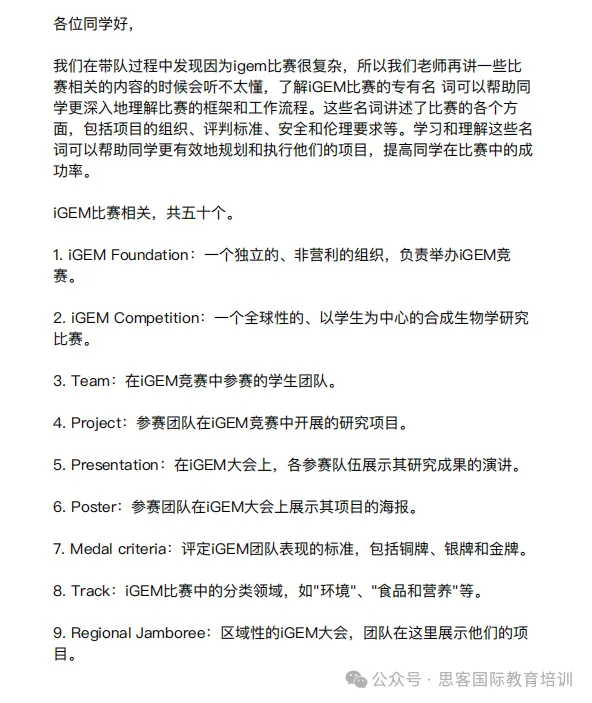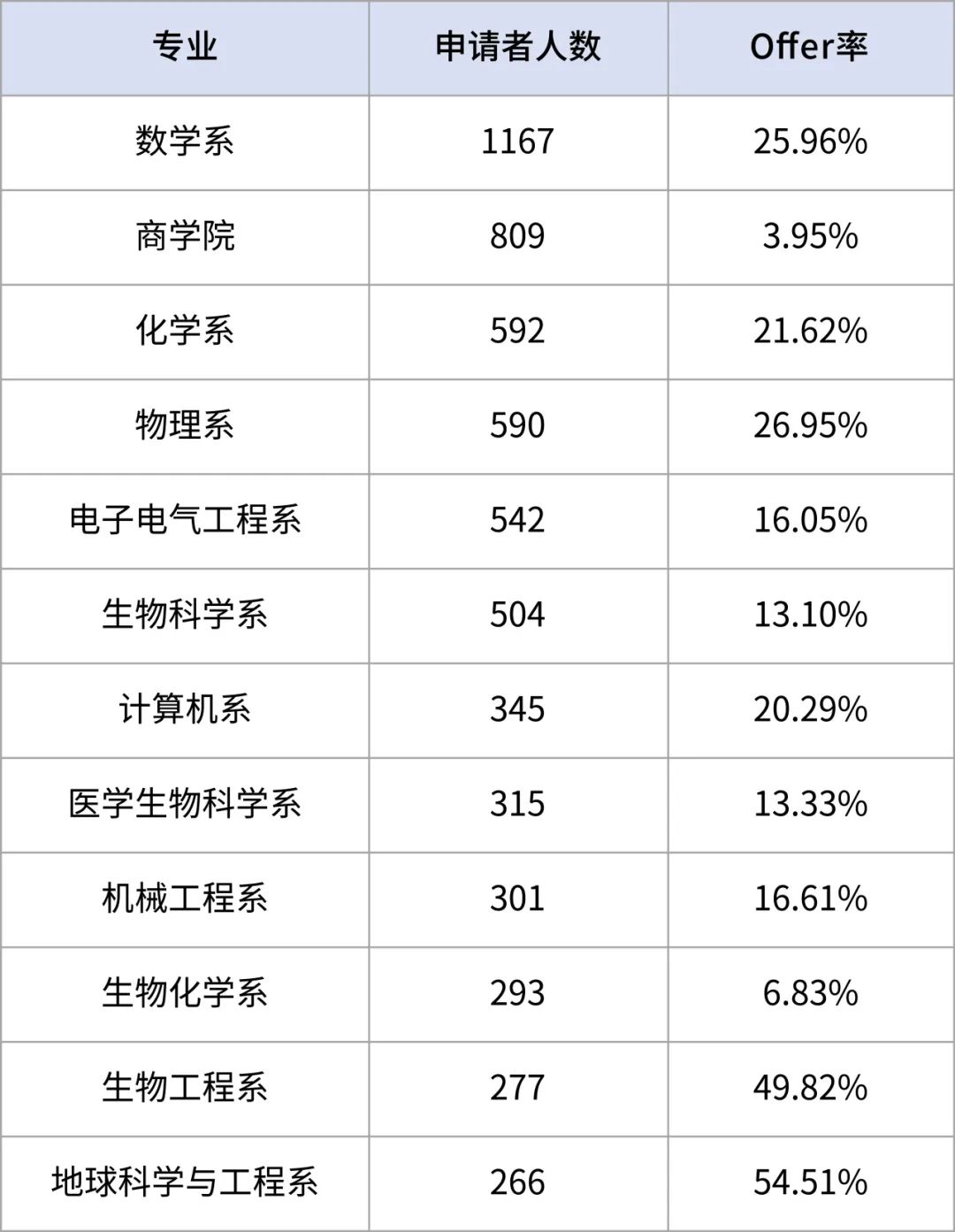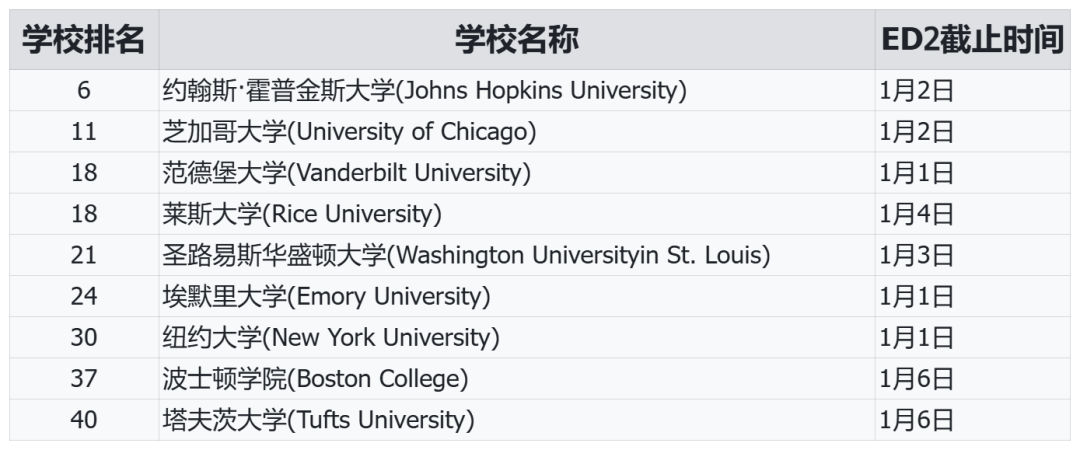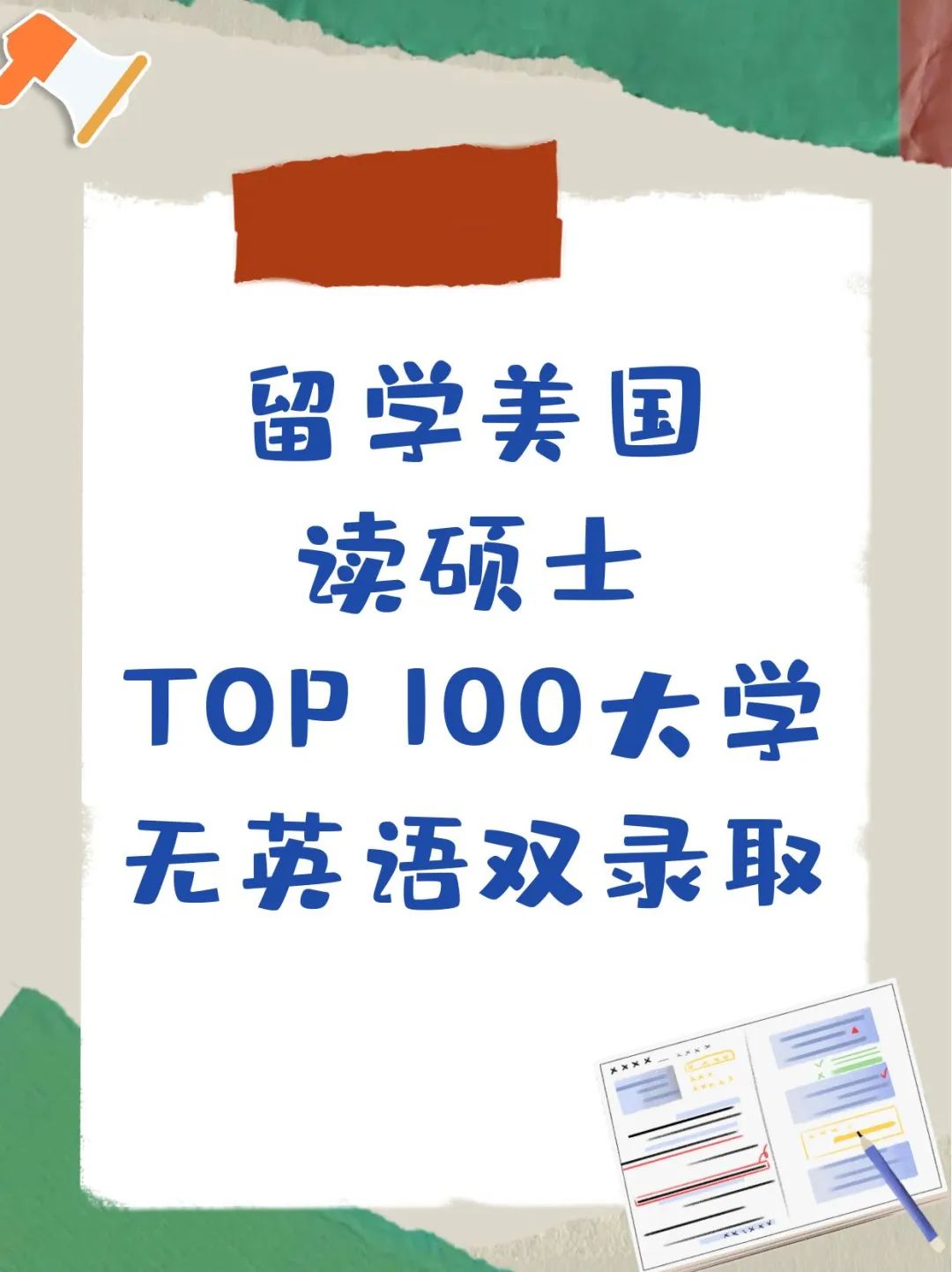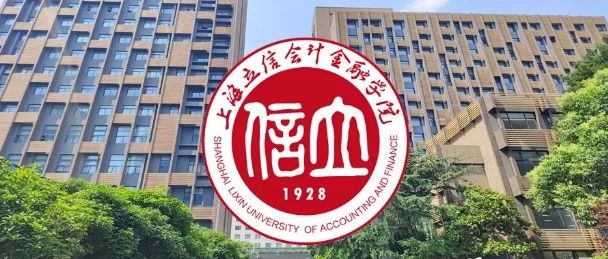As a teacher and writer of long experience, I hope that I am being fair in thinking myself qualified to address you on the subject of literary analysis. Over the years, I have read many (though not all) of the major writers. In fact, at this point in history – and flying in the face of the popular notion that mass media is reducing us all to a common mediocrity – the truth is that more literature, including even poetry, is being produced worldwide. There is simply no shortage of it, and many artists of formidable ability go unnoticed. Sometimes I find – or am led – to one of these splendid artists and the pleasure plus the insights into the human condition I get are astounding. To make a study of such literature old and new, past and present, is to make a study of life itself.
作为一名经验丰富的教师和作家,我认为自己有资格就文学赏析essay的写作给你们一些建议。多年来,我阅读了许多(尽管不是全部)的主流作家的作品。事实上,如今——虽然大众媒体正在使我们所有人的品味都趋于平庸——全世界正在产生更多的文学作品,包括诗歌。真相是,我们不乏文学作品,甚至许多实力强大的艺术家都被忽视了。有时我会主动——或被引导着——找到这些出色的文学家之一。我从这些作品中获得的乐趣以及对人性的洞察是非常让人震惊的。研究这些新的,旧的,过去的和现在的文学,就是研究生活本身。
First, a word about the kind of writing which at the moment is not prerequisite to our young students but which will become more and more important as they go up the education ladder. And that is what is known as ‘Academic Writing.’ It is far more rigid and demanding than basic expository and narrative writing, which is what we are concentrating on now. It requires a great deal of secondary (second source) material and considerable skill at organizing the material, keeping to a narrow theme, and using all sources and references effectively and in complete conformity to the format assigned. ‘Academic '’ means just what it sounds like, and for many students this type of strict, template and structured writing is less enjoyable than when composing simple opinion pieces. But all serious academic and scientific journals require it. The standard English must be flawless.
首先,我要说文学赏析essay 写作对我们年幼的学生来说不是非常必需,但随着他们的年级不断上升,这样的写作会越来越重要。这就是所谓的“学术写作” 。学术写作比基本的说明性和叙述性写作要严格得多,要求高得多,而这正是我们今天要谈论的重点。它需要大量的二手(第二来源)的材料和相当高超的组织材料的能力,要讨论比较专的主题,要有效地使用所有资讯和参考资料,并且需要符合指定的格式。“学术” 的意思就是它听起来的样子,对于许多学生来说,这种严格、模板化和结构化的写作比撰写简单的议论文要枯燥。但所有严肃的学术和科学期刊都需要它。标准化的英语必须完美无瑕。
But, parents, please, let us not get ahead of ourselves. For now the students need only to produce coherent, graceful, grammatically correct, and hopefully inspired essays based solely on what they themselves think. While it might be tempting for ambitious parents to think that their children should leave out the early stages of writing development and jump straight into what will be required in the big institutions, I personally feel that this is unwise. Writing is above all a process, and students need time to master this process.
但是,请父母们,让我们不要揠苗助长。目前,学生们只需要完全根据他们自己的想法写出连贯、优美、语法正确、有自己想法的文章。虽然雄心勃勃的父母可能会认为他们的孩子应该跳过写作发展的早期阶段而直接进入更高年级的的要求,但我个人认为这是不明智的。写作首先是一个过程,学生需要时间来掌握这个过程。
So for our present purposes, let’s begin as follows:
First, the student should choose – or have chosen for him/her – a text that is manageable for the student’s current level. There is no good purpose in force feeding a child a work of adult literature that is behind the child’s grasp. So the ‘sink or swim’ idea – throw him into the ocean and he must swim – is counterproductive and only the product of ambitious parents’ wishful thinking. It does nothing but frustrate the child and drive them into corners where they have to come up with ‘cliffnotes’ type of ideas that are not their own. To this I add the disclaimer that these sources can be extremely useful in offering windows into texts that are difficult or ambiguous even for seasoned adults, but they should not be used in place of the actual story or poem. That should be the student’s firsthand experience。
因此,让我们开始讨论吧:
首先,学生应该选择——或者别人已经为他/她选择了——适合学生当前水平的文本。强迫孩子阅读儿童无法理解的成人文学作品并没有什么好处。因此,“要么沉没,要么游泳”的想法——就是把孩子扔到海里,他就必须游泳的想法——会适得其反,只是雄心勃勃的父母一厢情愿的心思罢了。它只会让孩子感到沮丧,把他们逼急了,他们不得不弄出一些不属于他们自己的,从‘文学作品学习手册“截取的想法。在这里,我要声明,’文学作品学习手册‘ 能帮助人们理解那些即使对于经验丰富的成年人也难以理解或模棱两可的文本,但它们不应被用来代替实际的故事或诗歌。那(要被赏析的文学作品)应该是学生的第一手资料。
Students also need time to thoroughly examine and consider the reading material, and I will discuss how extremely important I think it is for students to understand the background, setting, and historical milieu behind the literary text (book or story) itself. In some cases, it’s not vital; often it is; otherwise, one will misread the whole thing and mislead oneself into misleading his or her reader as well.
学生首先需要时间来好好审查和选择阅读材料,我将讨论让学生了解文学文本(书籍或故事)本身背后的背景,发生地和历史环境是多么重要。在某些情况下,这些也许并不重要。但更多的情况下,这些因素非常重要,否则,人们会误读整件事,也会误导自己误导他或她的读者。
So in my opinion, it is wrong to try to get a 9-year-old to read Hamlet. For one thing, there is no way that a student at this age (not even a native speaker) can handle Shakespeare’s language in the Elizabethan original. And reading some watered-down, modernized version is obscene. DON’T DO THAT !! Either read Shakespeare or don’t read Shakespeare, but read it as it was written. This requires time and careful coaching.
所以在我看来,试图让一个 9 岁的孩子读哈姆雷特是错误的。一方面,这个年龄的学生(甚至不是英语为母语的人)无法理解伊丽莎白时代莎士比亚原著中的语言。阅读一些简化了的、现代化的版本是不体面的。不要那样做!要么读莎士比亚,而且是照原样读要么不读莎士比亚。这需要时间和耐心的教导。
It also requires some context beyond the play itself, and this is what everyone ignores or forgets. As a teacher I insist on it. To understand Shakespeare, you simply have to understand something about the world he lived in; otherwise, how can you make sense of it? For example, if I write “She’s”, do I mean “She is” or She has” ? It is impossible to tell without a context. Shakespeare existed in history and wrote out of that epoch. One doesn’t need to be a scholar, but without knowing anything at all, Shakespeare diminishes in value.
文学赏析写作还需要了解一些超出戏剧本身的背景,这是每个人都忽略或忘记的。作为老师,我坚持这是必须的。要了解莎士比亚,您就需要了解他所生活的世界。否则,你怎么能彻底理解呢?例如,如果我写“She’s”,我的意思是“She is”还是“She has”?没有上下文是无法判断的。莎士比亚存在于历史中,并写于那个时代。一个人不需要成为一名学者(来读莎士比亚),但如果你什么都不知道,莎士比亚的著作的价值就会降低。
The same is true for a book like To Kill A Mockingbird, which I have also taught. If you do not understand anything at all about the Jim Crow era of the deadly racist American South where the novel is set, then DON’T READ THE NOVEL.
像《杀死一只知更鸟》这样的书也是如此,我也教过这本书。如果您对小说设定的致命种族主义横行的美国南部的吉姆克劳时代一无所知,那么请不要阅读这本小说。
Now there are academic intellectuals who would disagree on purely semantic terms. They speak of ‘deconstructing’ the novel, the irrelevance of time, place, and authorship and other pedantic gobbledygook. Common sense says otherwise. How can you really get your head around a work of literature if you know NOTHING about the author and the time and place, he/she lived in? Plus, reading the book simply isn’t as much fun.
有些学术知识分子会在单纯的语义术语上持不同意见。他们会谈到“解构”小说,他们认为时间、地点和作者身份毫无关系,以及其他迂腐的胡说八道。但是这不符合常识。如果您对作者以及他/她居住的时间和地点一无所知,您如何真正了解文学作品?另外,阅读这本书并没有那么有趣。
So, my advice here is mostly to the parents: CHOOSE WISELY AND DON’T OVERREACH.
所以,我在这里的建议主要是给父母的:明智地选择读物,不要揠苗助长。
If in doubt, there is always Harry Potter and his friends. It is good writing and very entertaining. Moreover, Hogwarts exists independently of time and space.
如果有疑问,你可以读哈利波特和他的朋友们。这些书文笔很好,也很有趣。而且,霍格沃茨独立于时间和空间而存在。
Now, as for responding in essay form to a work of literature. Most of you are totally aware that such a response calls for both SUMMARY and ANALYSIS.
现在,至于文学赏析essay写作,你们中的大多数人完全清楚,这样的文章需要摘要和分析。
SUMMARY is nothing more than a condensed version of the plot, and the complicated thing for students is how to decide what the extent of the summary short be: short or long? And once more, it is more a matter of common sense than anything else. Are we speaking of a short story or a whole novel? If the latter, maybe it would be best to break down the Summary chapter by chapter, for rarely is a student required to summarize the whole book all at once.
摘要不过是情节的浓缩版,学生觉得难的是应该提炼到什么程度:短还是长?再一次,这其实是个常识认知。我们说的是短篇小说还是整部小说?如果是后者,也许最好逐章分解写摘要,因为很少有学生需要一次提炼整本书。
The student needs to ask himself: is this a book that most people would be familiar with or something nobody has heard of? Is the plot simple or complicated? Does it involve a single protagonist (two at most) or is there a gallery of characters? If there are many characters, it is a good technique to list them for the reader, just as the cast of a play is listed. Tell us briefly who these characters are and what is their function in the novel? Nice and neat, and then move on.
学生需要问自己:这是一本大多数人都会熟悉的书还是没有人听说过的书?剧情是简单还是复杂?它涉及一个主角(最多两个)还是有很多角色?如果有很多角色,为读者列出角色是一种很好的技巧,就像列出戏剧的演员一样。简单地告诉我们这些人物是谁,他们在小说中的作用是什。漂亮整洁,然后继续。
The main skill needed to produce a great summary (and there seems to be a ‘knack’ for it that comes naturally to some and laboriously to others) is to develop a sharp eye for what the reader absolutely must know and what can be left out. Monstrous gaps in the narrative-oriented summary can leave the reader puzzled and frustrated. Just imagine that you are walking along in familiar territory and someone stops and asks you for directions. What do you tell the guy? What can be left out? If you assume he knows the locale – which obviously she doesn’t or she wouldn't be asking, you are going to say stupid things like “Turn right when you come to the place where Old Man Johnson’s farm USED TO BE.” Or, “Let’s see. You go through three traffic lights – or is it four? And then you turn right, but first you have to go left a little way before you get to the right turn, and actually the road might be closed, and…” Good luck.
写出一个漂亮的摘要所需的主要技能(似乎有一个“诀窍”,但这个“诀窍“对某些人来说很自然,对另一些人来说却很费力)是培养敏锐的眼光,了解哪些内容是读者绝对必须知道的,以及哪些内容是可以忽略的。以叙述为导向的摘要中的过度的留白可能会让读者感到困惑和沮丧。想象一下,你正走在熟悉的领域,有人停下来向你问路。你跟那个人说什么?什么是可以省略不说的?如果你贸然假设他知道目的地——但是显然他不知道,否则他不会问——你会说一些愚蠢的话,比如“当你来到老约翰逊农场曾经所在的地方时右转。”或者,“让我们看看。你要经过三个红绿灯——还是四个?然后你右转,但在右转之前你必须先向左走一点,实际上这条路可能会被封闭,而且……”那就祝他好运吧。
So, REMEMBER: You, yes YOU, are the EYES of the reader. The reader can only see what YOU show her. So, choose your information-share wisely, saying only what needs to be said and nothing more. A summary should never be more than 1/10th of the text, maybe even less depending on how simple or complex the narrative is in terms of following the story. (It may prove to be extremely complex when you try to analyze it, so beware. But that’s another issue.)
所以请记住:你,是的,你,是读者的眼睛。读者只能看到你向他展示的内容。所以明智地选择你要共享的信息,只说需要说的话,仅此而已。摘要不应超过文本的 1/10,甚至可能更少,这取决于跟着故事叙述的简单或复杂程度。(当你试图分析它时,它可能会非常复杂,所以要小心。但这是另一个问题。)
The SUMMARY is the whole story or chapter, as the case may be, in MICRO-FORM. But the difference is only PROPORTIONAL. Neither too many nor too few arms and legs.
摘要可以是整个故事或章节(这个视情况而定)的缩微格式。但(摘要和文本之间的)差异是成比例的。不需要太多也不能太少。
Above all, remember that the SUMMARY only deals with the questions of WHO, WHAT, WHERE, WHEN, and HOW. That is its job
最重要的是,请记住,摘要仅涉及谁、什么、在哪里、何时和如何等问题。这就是它需要传达的信息。
The ANALYSIS deals with the WHY aspect, and, needless to say, it is critically important. It is also the part that most students devote the least time to. Maybe it’s because the ANALYSIS challenges the student to THINK rather than merely RECORD. Sometimes, true, there is not much need for analysis. “Intellectuals’ have tried to make Harry Potter the subject of profound analysis, but, if that can be justified, it would probably have more to do with why the series has always been so popular with kids everywhere rather than anything especially profound that Harry or Hermione have to say about anything.
分析涉及“为什么”方面,不用说,它至关重要。但这也是大多数学生花时间最少的部分。这也许是因为分析会挑战学生去思考,而不仅仅是记录。有时,确实,没有太多东西需要分析。“知识分子” 试图让哈利波特成为深入分析的主题,但是,如果我可以决定的话,更多的是应该分析为什么该系列一直如此受世界各地的孩子们欢迎,而不是分析哈利或赫敏对什么事情说了什么特别深刻的话。
Nor, believe it or not, does Oliver Twist require much analysis, and that is because of Dickens’ pronounced tendency to simplify his characters into all-good and all-bad. So besides the story, there really isn’t much to think about. Of course, one could sail off into an in-depth analysis about living conditions of the poor in Victorian England, but that sort of gets us away from the novel. But once again, as I stated earlier, if you don’t know anything about the social milieu of Dickensian London, for example, the book is reduced to just being a story on about the same level as a rather gritty fairy tale. It also helps to know that Dickens himself was poor growing up and subject to some of the conditions as Oliver. This is what I mean by knowing the background and the culture that the literature grew out of
信不信由你,Oliver Twist 也不需要太多分析,这是因为狄更斯明显倾向于将他的角色简化为全好和全坏。所以除了故事之外,真的没什么好分析的。当然,人们可以开始深入分析维多利亚时代英格兰穷人的生活条件,但这会让我们远离小说本身。但再一次,正如我之前所说,如果你对狄更斯式的伦敦的社会环境一无所知,那么这本书就会沦为一个与相当坚韧的童话故事大致相同的故事。如果你知道狄更斯本人在成长过程中很穷,并且和Oliver受到很多制约,这些对你理解小说也很有帮助。这就是我所说的了解文学产生的背景和文化的意思。
- 查尔斯·狄更斯 -(Charles Dickens,1812--1870)
If you are going to read Robinson Crusoe, you need to know Defoe’s ideas about the emerging English middle class; if you are going to read Gone With the Wind, then you had better know something about the American Civil War. Etc.
如果你要读鲁滨逊漂流记,你需要了解笛福对新兴英国中产阶级的看法;如果你要读《乱世佳人》,那么你最好对美国内战有所了解。等等。
On the other hand, there are books, stories, and poems which require A LOT of analysis. Franz Kafka, Dostoyevsky, Hemingway, Faulkner, Golding (Lord of the Flies), and many others write complicated things about complicated themes, and these works require stringent analysis. In order to do this, there is no reason at all why the student should not consult secondary source material. I have done it myself, and still do it. But while it is tempting to let the ‘website analyst’ do all the work, it would be a serious mistake – and actually a form of intellectual dishonesty – just to let someone else do your thinking for you and, in effect, tell you what to think. Allow the secondary source to ‘coach’ you, even use it as a ‘way in’ to an especially difficult text (if it’s that difficult maybe it shouldn’t be assigned to a 10-year-old in the first place)), but do NOT allow it to blunt out or shut out your own capacity for thinking.
另一方面,有些书籍、故事和诗歌需要大量分析。弗朗茨·卡夫卡、陀思妥耶夫斯基、海明威、福克纳、戈尔丁(《蝇王》)等许多人都在复杂的主题上写了复杂的东西,这些作品需要严格的分析。为了做到这一点,学生完全没有理由不去查阅二手资料。
我自己做过,现在还在做。虽然让 “网站分析师” 为你做所有工作很诱人,但如果让别人替你思考,或者告诉你应该想什么,这将是一个严重错误——实际上是一种脑力上的不诚实。我们可以允许这些二手资料来 “指导”你,甚至将其用作阅读特别困难的文本的“途径”(如果它那么困难,也许一开始就不应该分配给 10 岁的孩子),但不要让它削弱或关闭你自己的思考能力。
Therefore, the whole process runs like this:
Who is the author and where and when is the story situated?
What historical information is required to make sense of the story?
Who are the main characters (protagonists) in the story?
Who is NARRATING the story, and can the narrator be trusted?
First person narration or third person?
What are some of the devices the author uses in terms of foreshadowing, symbols, and so forth – DON’T get obsessed with this. It’s the kind of stuff many teachers insist on but often has nothing meaningful to offer. Crucifixion symbol. Phallic symbol. Who cares?
因此,整个文学赏析essay写作的过程是这样的:
作者是谁,故事发生在何时何地?
要理解这个故事,需要哪些历史信息?
故事中的主要人物(主角)是谁?
谁在讲述这个故事,叙述者可以信任吗?
第一人称还是第三人称叙事?
作者用了铺垫、符号等等的哪些修辞手法?——但不要沉迷于此。这是许多老师坚持但往往没有任何意义的东西。十字架符号,阳具符号,谁在乎?
WHAT IS THE CENTRAL CONFLICT(S) IN THE STORY (without conflict there is NO STORY?
WHAT IS THE CONFLICT INSIDE THE MIND OF THE PROTAGONISTS THEMSELVES? (Inner conflict is central to great literature. NOBODY IS COMPLETELY GOOD OR BAD)
How does the story build up to its climax, and WHAT IS THE CLIMAX?
WHAT POINT OR THEME DRIVES THE BOOK; WHAT DOES THE AUTHOR MEAN???
What did YOU PERSONALLY get from reading the work. What are YOUR OWN PERSONAL TAKEAWAYS?
故事中的核心冲突是什么(没有冲突就没有故事)?
主角自己内心的冲突是什么?(内心冲突是伟大文学的核心。没有人是完全好或坏的)
故事是如何达到高潮的,故事高潮是什么?
这本书的观点或主题是什么;作者是什么意思???
你个人从阅读作品中得到了什么。您的个人收获是什么?
What do you think is good about the book and what didn’t you like (be honest, but have good reasons to support your view).
您认为这本书的哪些优点以及您不喜欢哪些方面(说实话,但有充分的理由支持您的观点)。
At appropriate places in your paper, quote directly from the text.
在论文的适当位置,直接引用正文。
Remember (nobody does or does not apply the principle, usually due to time constraints among busy, overworked students), WRITING IS REWRITING.
请记住(没有人应用或不应用该原则,通常是由于忙碌、过度劳累的学生的时间限制),写作就是不断重写。
Almost NEVER is a first draft sufficient. The greatest writers who ever lived would not only agree with me here but would insist on the truth of the point. You CANNOT just flip it onto the page and imagine it is good work. IT ISN’T. The problem is the ridiculous pace of our society and the fact that students have neither time nor inclination to finish what they have started in terms of writing essays. So what the poor teacher is left with 99% of the time is a FIRST DRAFT. It’s like eating half your breakfast or taking your dog for ‘half a walk’. Or jumping off the top of a building and stopping half way down. If you are going to do it, FINISH THE JOB.
写作几乎从来没有初稿就足够完美了。有史以来最伟大的作家不仅会同意我的观点,而且会坚持这一点的真实性。你不能只是把文字写到纸上然后想象它是好作品。它不是。问题是我们的社会的荒谬的节奏,以及学生既没有时间也没有意愿完成他们在已经开始的论文写作这样的事实。因此,可怜的老师在 99% 的时间里得到的只是一份初稿。这就像吃半份的早餐或带你的狗散半个步。或者像从建筑物的顶部跳下并在半途停下。既然你开始了,请完成你的工作。








